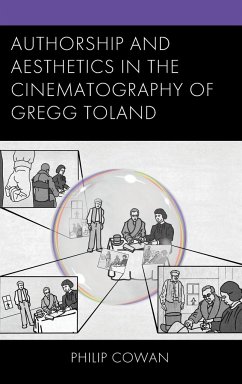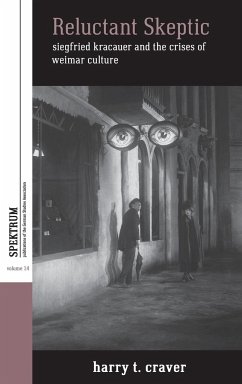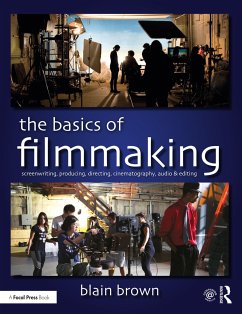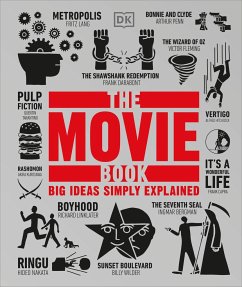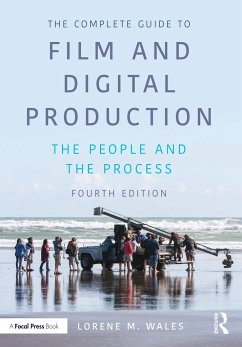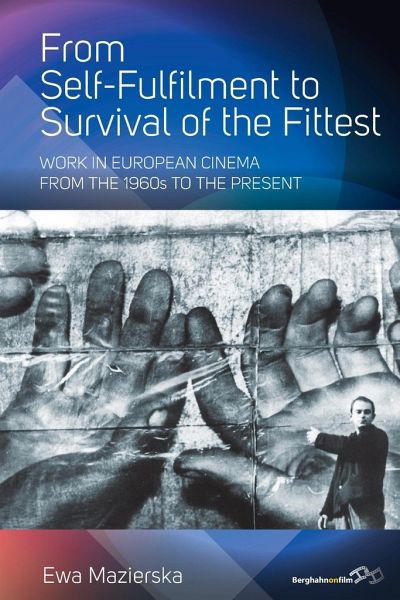
From Self-fulfilment to Survival of the Fittest
Work in European Cinema from the 1960s to the Present
Versandkostenfrei!
Versandfertig in 1-2 Wochen
24,99 €
inkl. MwSt.
Weitere Ausgaben:

PAYBACK Punkte
12 °P sammeln!
Explores European cinema after WWII through the lens of a Marxist perspective. Disputes the common assumption of the disparities between Eastern and Western European economies and cinemas. Special attention to British, former Yugoslav, Polish and French cinema. Compares and contrasts the life of the worker through the medium of auteurist and popular films.




